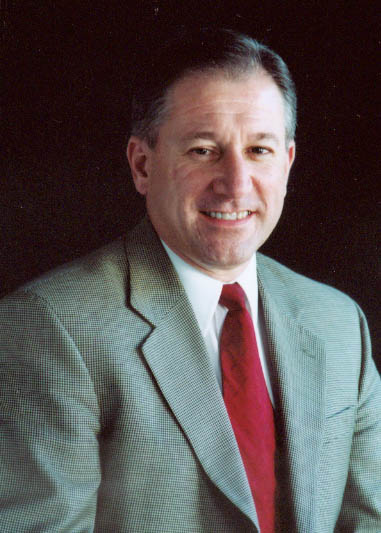
ALEXANDRIA, La. (BP)–In the socio-political realm, birds of the deviant feather like to flock together. Hence, demographic groups that label themselves gay, lesbian, bisexual and transgendered have long joined forces in an effort to lobby society to accept their chosen lifestyles.
One reason for the cooperation of the groups is the “strength in numbers” philosophy. Collectively, the “GLBT” communities represents only a tiny segment of the population — around 3-4 percent percent. As a result, they understand they must unite their voices in order to make enough noise so as to attract attention to their cause.
Another reason for the unity of the GLBT demographic groups is the reality that their lifestyles are aberrant. As a result of the deviant nature of their behavior they have been subject to ridicule and ostracism. The GLBT communities share common ground in their struggle to gain acceptance.
Due to the fact solidarity has long characterized the GLBT communities, I find interesting a lawsuit recently filed in Seattle by three bisexual men against the North American Gay Amateur Athletic Alliance.
The NAGAAA, according to its website, was established in 1977. It is a private organization “comprised of men and women dedicated to promoting amateur athletics for the GLBT community.”
Adding to the irony is the fact the National Center for Lesbian Rights, a GLBT legal advocacy group, is representing the men in the lawsuit.
Three bisexual men from the San Francisco Bay area charge that NAGAAA violated Washington state laws against discrimination by not allowing them to play in the 2008 Gay Softball World Series held in Seattle, Wash., according to a report by The Seattle Times.
The NAGAAA, which organizes the Gay Softball World Series, stipulates that a team may have no more than two heterosexual players on its roster. The plaintiffs, according to The Times report, maintain they were accused of “not being gay enough.” Thus, the team they played for was deemed to be in violation of the two heterosexuals rule.
According to the plaintiffs’ attorney, the NAGAAA has no rules pertaining to bisexual or transgender players.
The plaintiffs say they were called into a room filled with people and asked “personal and intrusive” questions about their sexual proclivities. The purpose, they say, was to determine their true sexual preference.
“At one point during the proceedings, the lawsuit alleges, one of the plaintiffs was told, ‘This is the Gay World Series, not the Bisexual World Series,'” reported The Times. In the end, the NAGAAA ruled the three men were “non-gay” and their team was disqualified and stripped of their second place finish in the series.
I have no idea what impact sexual preference has on softball ability. That said, any private league can form and adopted any rules for any reason.
What I find very amusing is the fact the three men were called on to prove their sexual preference was homosexual enough to meet league standards.
How does one go about proving his or her sexual preference? A person’s sex can be verified rather easily. An individual’s race is usually easy to confirm as well. However, the elusive reality of sexual preference is altogether another matter.
The NAGAAA decided the only way to determine the sexual leanings of the three men in question was to interrogate them. They queried the men about their desires and attractions — in a room filled with an estimated 25 people.
I don’t know whether or not the men were asked about their lifestyle and/or behaviors, but that would be the only way they could come close to proving anything about their sexual preference. While homosexual tendencies may exist, they are only tendencies until acted upon.
Perhaps the men were not explicit enough in their descriptions, but whatever the case, the men were unable to convince the NAGAAA that they were “gay enough” and thus they were deemed to be “non-gay.”
Homosexual activists are using every tool at their disposal in an effort to force society to accept their lifestyle. They insist that everyone must tolerate, and even celebrate, their sexual preference.
However, it seems, the NAGAAA is unwilling to practice what the vast majority of homosexual activists preach. At the very least they are not tolerant of bisexuals participating in their league, especially if they happen to be good softball players.
Why even continue to have a separate homosexual league at all? If homosexual softball players really want to make a statement, why not form teams and play in city sponsored leagues? In so doing, they could really make a statement by competing with, and beating, heterosexual teams.
What I find most interesting is that if the three bisexual men were a part of a “gay pride” event, the homosexual community that make up the NAGAAA would have welcomed them with open arms. Why? Because they would have been in solidarity attempting to force “narrow-minded” heterosexuals to accept their lifestyle.
Birds of a deviant feather only flock together, it seems, when it is politically expedient.
–30–
Kelly Boggs is a weekly columnist for Baptist Press and editor of the Baptist Message (www.baptistmessage.com), newsjournal of the Louisiana Baptist Convention.















